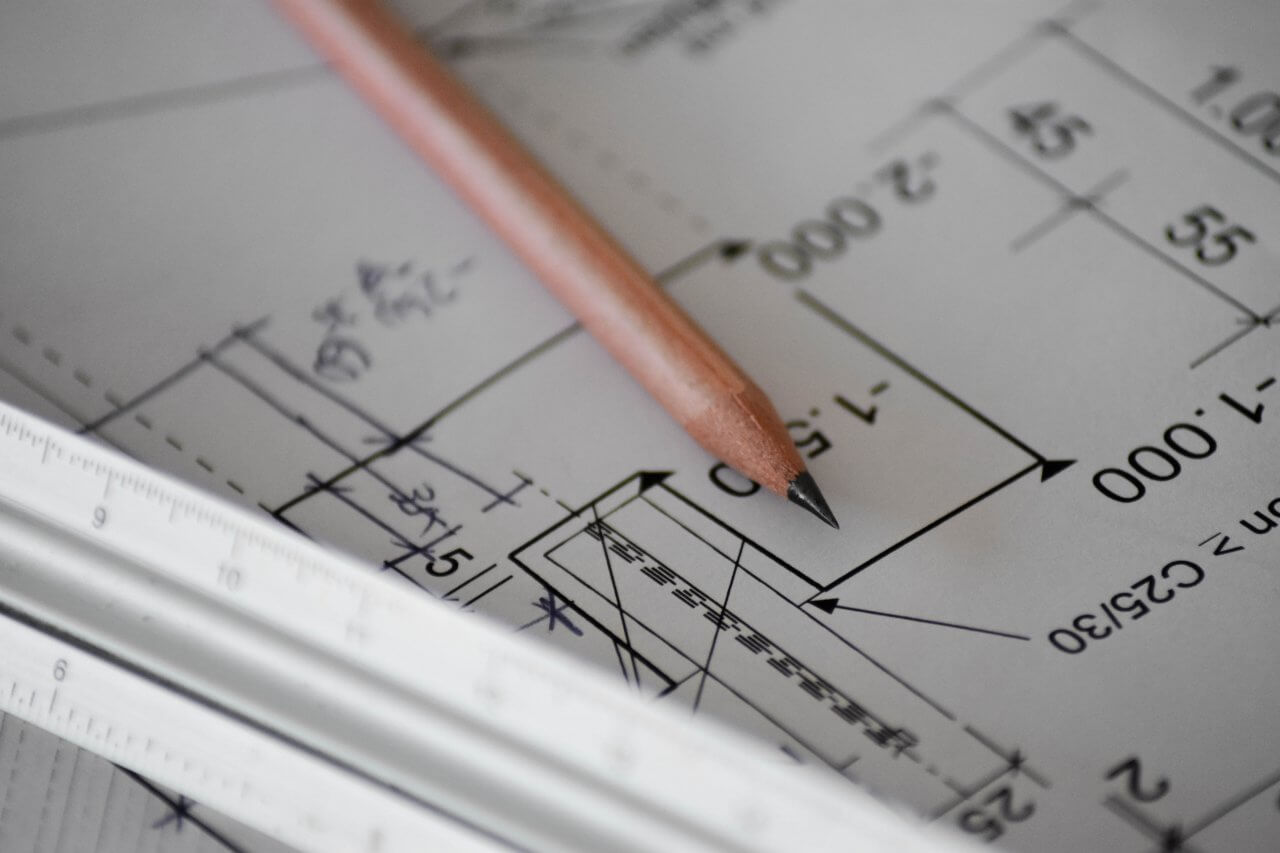The Truth About Architecture and Math

The results of an informal survey I took around the office yielded a number of overlapping reasons why a person wanted to become an architect:
to design… a love of drawing…
to shape our environment… a proficiency with putting things together…
to help people.
While there were some mentions of “my teacher said I was good at math,” and a few jokesters who said, “to make the big bucks,” most architects are creative problem solvers at heart. Given the persistent perception that “architects have to be good at math,” does that mean as architects, we are joylessly crunching numbers as a means to an end?
On any given day, an architect’s tasks probably include any number of mathematical tasks:
Verifying the slope of a parking deck ramp or a roof slope.
Analyzing the percentage of fenestration on a façade.
Calculating occupant loads.
Determining plumbing fixture counts.
Writing fee proposals.
But those type of problems do not generally require a love of math, advanced math, or special aptitude at math.
So what skills come into play more often, which contribute to a person’s well-roundedness as an Architect? While we also take history, physics, and construction classes for “hard skills,” the tools I draw on every day are the peripheral and emotional aptitude you gain from the activities required to navigate those classes:
Public speaking. Communication. Listening. Negotiation. Organization. Writing. Research. Reading comprehension. Translating a description or a feeling into a space or a material.
And most importantly, I find that a skill at sketching and drawing is more useful than being able to perform mathematical calculations. Architects must be able convey their ideas verbally, but most importantly, graphically. We use computer programs to make technically accurate drawings, but we still use our hands and hearts to illustrate an idea in our head.
If you are like me, and you had to work extra hard to succeed in that Calculus class, only to happily, easily excel in art history or professional practice, then don’t let the Myth of the Math scare you away. An Architect can be described as a creator first, and a calculator wizard as a footnote!

